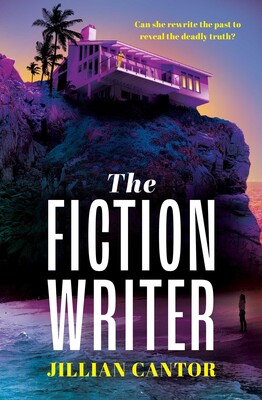I’ve loved the novel, Rebecca, by Daphne du Maurier since I first read it as a teenager. I fell in love with the beautiful writing and the dark gothic story. But what I didn’t know, until I came across an article about du Maurier a few years ago, was that du Maurier was accused of plagiarism after Rebecca came out — and by not one, but two different authors. One of those two claims even went to trial in New York in the 1940s (The other author never brought a formal claim.) Du Maurier was ultimately cleared in the trial.
I came across this article just after I’d finished writing my last novel, Beautiful Little Fools, which is a feminist retelling of The Great Gatsby. I was already thinking a lot about retellings and where the boundaries of creative freedom lie. Thinking about du Maurier, her novel that I loved, and the claims of plagiarism when it was first published, made me consider even more what makes any story unique in its own right and what gives an author the right to tell any particular story. All of this became my inspiration for The Fiction Writer, which is a modern-day gothic mystery, with nods to Rebecca itself.

In The Fiction Writer, my main character, Olivia, is a struggling novelist whose last novel (a retelling of Rebecca) was a flop. When her agent brings her an offer that sounds almost too good to be true, she’s so desperate to reignite her career, she jumps on it without really thinking it through. All she has to do is go out to Malibu to work with handsome, reclusive, mega-billionaire Henry “Ash” Asherwood on ghostwriting his late grandmother’s story and her unbelievable connection to Daphne du Maurier. But nothing in Malibu is what it seems, Ash acts more interested in her than in their writing project, and what really did happen to Ash’s dead wife, Angelica? Soon Olivia starts to wonder why she’s feeling like she’s trapped inside a Rebecca retelling of her own, and whether reigniting her writing career with Ash might be more dangerous than she thought.
Inspired by all the women who wrote gothic mysteries before me, I wrote my own modern-day take on one with The Fiction Writer. But I also wanted to explore what it means to create original work, what it means to be a struggling writer, and who owns any story. In the novel, Olivia’s agent tells her, “There are no new stories.” But Olivia (and I) tend to disagree. Even if there are no new stories, there are always, I think, new ways to tell them. And as a fiction writer myself who loves Rebecca, writing fiction about a fiction writer who loves Rebecca, I hope I did just that!
More info here.
